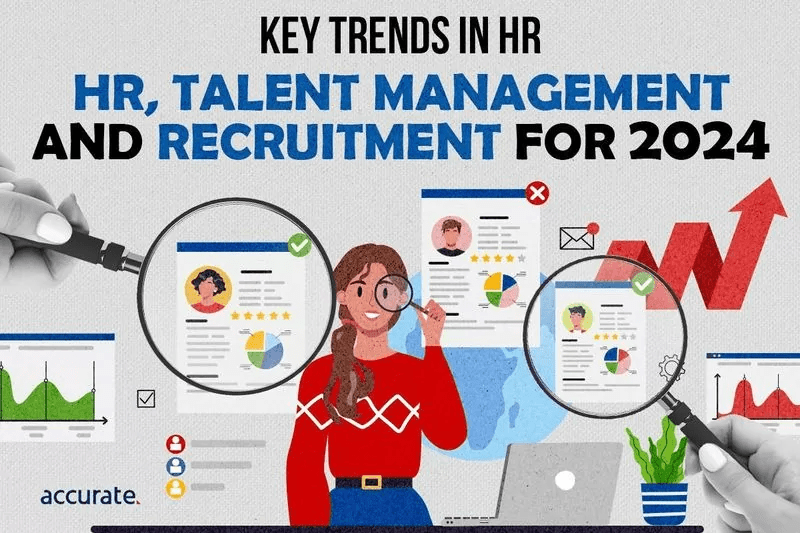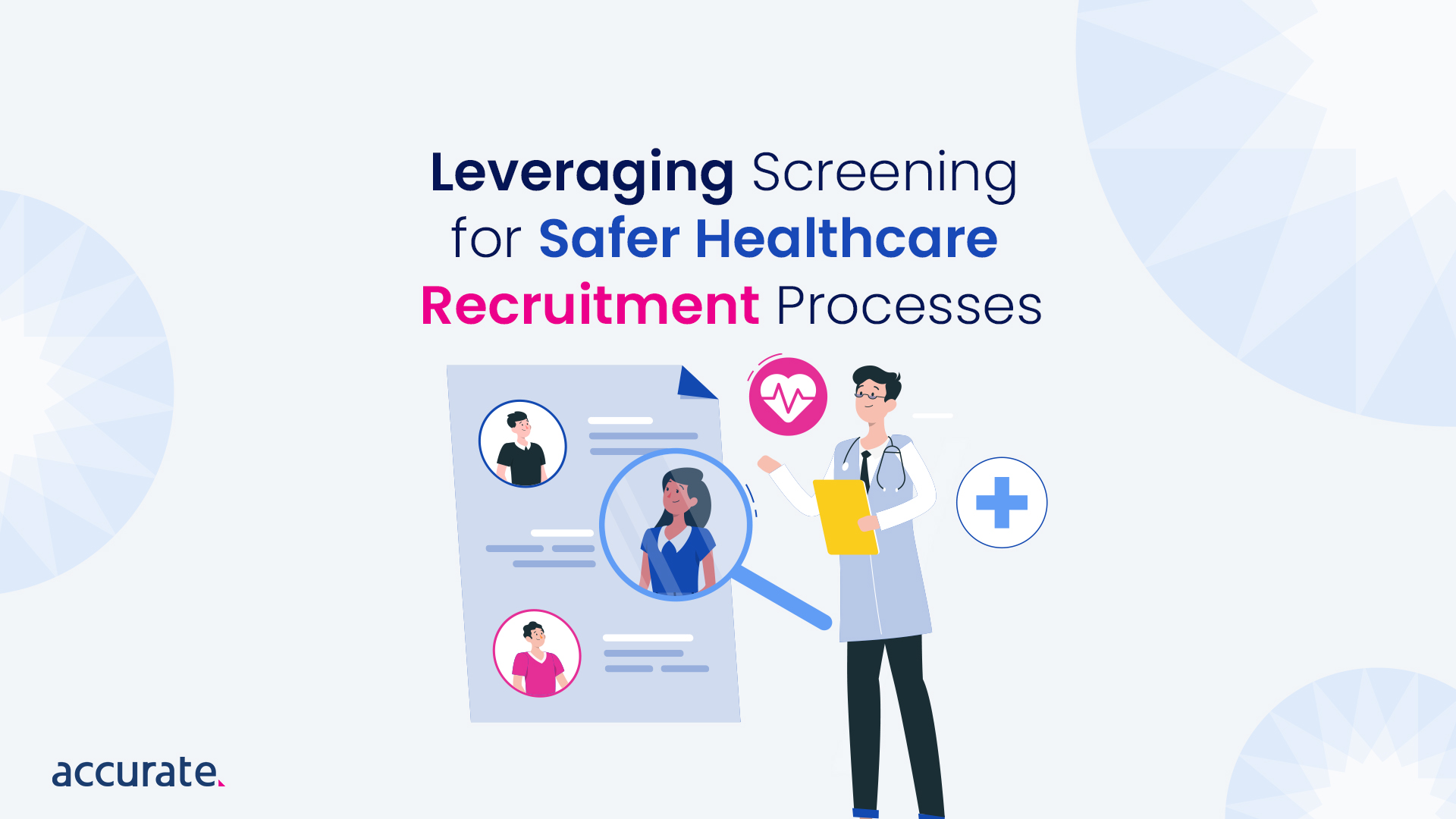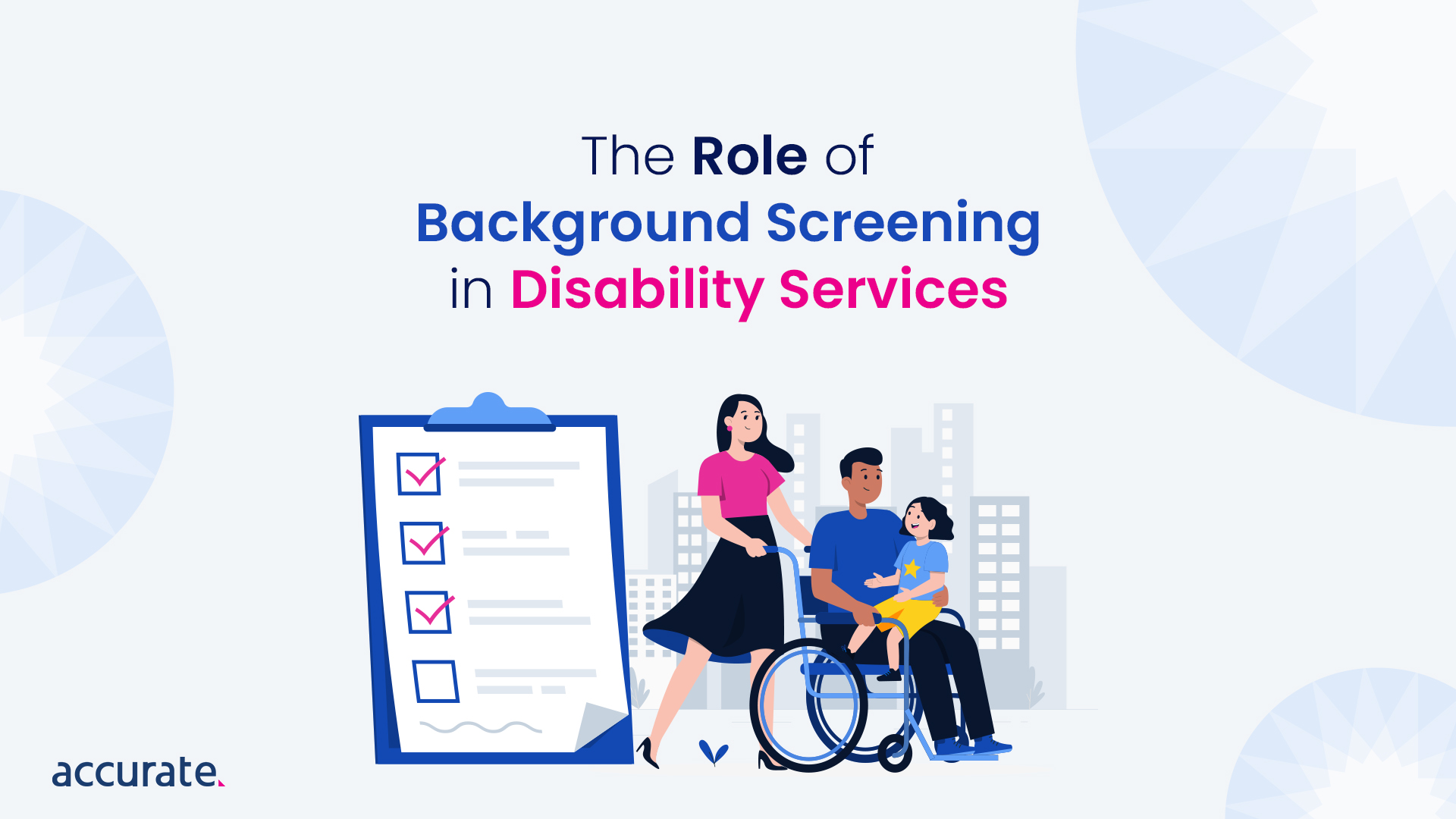The HR and talent management landscape is continuously evolving to meet the changing needs of modern workplaces and workforces. As we move into 2024, insights and ideas from major HR and talent conferences in 2023 provide an illuminating glimpse into the key trends that will shape the future of HR over the next year.
Conferences bring together thought leaders across the HR spectrum to share perspectives, research, and use cases that capture the most important focuses for the profession. By examining the major themes arising from these conferences, we can map out and prepare for the key developments in HR’s strategic role, approach to talent management, and more likely to unfold in 2024.
In this blog article, we will distill insights from talent management experts regarding some of the most impactful conferences of 2023. These events covered groundbreaking and practical ideas across areas like talent mobility, HR’s evolving strategic influence, diversity and inclusion programmes, and more.
The insights paint a picture of an HR profession that is rapidly moving beyond its traditional responsibilities towards a more strategic, forward-thinking function focused on enhancing the end-to-end employee experience.
Here’s what you need to know.
Talent Mobility: A Key to Success
Talent mobility has become a pivotal focus area for HR leaders, based on insights shared at recent conferences. With tighter labour markets and growing skills gaps, organisations must leverage internal talent development and mobility to engage and retain top talent.
Tactical Importance of Internal Mobility and L&D for Retention
As Korn Ferry’s President for APAC, Esther Colwill, highlighted, consistent learning and internal mobility opportunities are crucial for retaining talent, especially with uncertain economic conditions. Rather than pulling back on development programmes, organisations should integrate L&D tightly with talent mobility to provide employees with clear paths to growth.
This approach can mitigate turnover risk by enabling strategic workforce planning and talent mapping for critical roles. Colwill emphasised that “in tighter business conditions, it’s crucial not to pull people away from L&D opportunities.” Her insights suggest a model where L&D and internal mobility are integral to retaining talent in a competitive market.
Paradox of Choice in Skill Development
Tony Tran, APAC Lead People Scientist at Culture Amp, discussed the “paradox of choice in skill development for employees” today. With numerous development options available, employers must become effective guides to curate opportunities aligned with organisational capabilities.
Rather than leaving employees overwhelmed by choices, Tran suggested that employers take an advisory role to steer them in fruitful directions. This curation is essential when development paths are no longer linear.
Workplaces Becoming More People-Centric
Damien Andreasen of HiBob spoke about workplaces becoming increasingly people-centric, with HR gaining more influence. This shift is a response to the global talent shortage, where employers must cater to talent needs to attract and retain them.
Andreasen noted that “once employees experience new dynamics and ways of working, it’s challenging to revert to old methods.” His view suggests that talent mobility is not just a trend but a necessity in the modern workplace.
Data-Driven Decision-Making for Internal Mobility
Adam McKinnon, People Analytics Leader at Reece Group, emphasised the importance of data in talent mobility. He suggested compelling questions that HR should ask: “’So what?’ and ‘now what?’” when analysing talent data. This approach can reveal mobility insights.
McKinnon also discussed incentivising managers to develop talent and enable internal moves, fostering a culture where talent mobility is encouraged and celebrated through data-driven decision-making.
Rethinking Jobs to Meet Employee Needs
As a Google Strategic Advisor, Dart Lindsley offered a unique view by asking, “What job do I hire my job to do for me?” This flips the perspective from employer to employee by seeing jobs as products and employees as customers.
This outside-in view that reframes traditional job design thinking can enable organisations to build talent mobility programmes that successfully meet their workforce’s needs.
HR Will Have a Seat at the Strategy Table
The evolving role of HR as a strategic leader rather than just a support function was a major theme arising from the 2023 conferences. Insights from talent leaders point to HR professionals actively shaping organisational strategy in 2024, rather than simply implementing it.
HR Evolving from Supporting to Leading Strategy
As Monash College’s Nicola Harrison stated, “The C-suite are your customers. You need to understand their worldview.” This shift encourages HR to engage with executives, align talent strategies with their priorities, and position initiatives in terms that resonate with them.
Rather than waiting for direction, HR is claiming a seat at the head of the table. As Hays’ Shane Little suggested, “How do we flip the script from Talent Advisory consuming strategy to leading it?”
Context Over Content in Strategic Decisions
Atlassian’s Dom Price focused on “context over content” in strategic decisions. With information overload today, leaders need perspective to interpret data. Rather than proposing sweeping transformations, Price suggested “focusing on evolution over revolution.”
This adaptable, team-centric view aligns with Elissa Fletcher’s (Energy One) advice to “set your team up for success, then get out of the way.” Rather than rigid control, HR’s evolving strategic role involves asking critical questions and enabling others.
Power of Progress Over Perfection
Fletcher also emphasised “the power of progress over perfection” for leaders. Similarly, Damien Andreasen (HiBob) noted that with rising people-centricity at work, “once employees experience new dynamics, it’s hard to revert to old ways.”
These insights indicate HR cannot wait for perfect solutions. By driving progress and continuous evolution, HR can spearhead the people-first future of work.
Using Strategic Storytelling to Communicate HR Value
As Cornerstone’s David Wright showcased, HR can leverage “strategic storytelling to get the C-Suite’s attention.” Rather than simply presenting turnover rates, HR should contextualise data to highlight business impact and then provide solutions. This transforms HR metrics into compelling insights that demonstrate strategic value.
Diversity and Inclusion is a Win-Win for Organisations, Employees and Recruiters
Diversity and inclusion also took centre stage as critical priorities, based on insights from the 2023 conferences. Rather than just ethical necessities, talent leaders positioned them as clear competitive advantages – for both employees and organisations – when embraced effectively.
Setting Up Diverse Hires for Success
Janani D’Silva, recognised as the Australian LGBTQ Ally of the Year in 2022, delivered a powerful message on the importance of diversity and inclusion in HR. She stated, “We need to examine whether the people that we get in the door are set up for success – that’s culture!” D’Silva’s approach goes beyond just hiring for diversity; it involves creating an environment where diverse employees are supported and set up for success, ensuring their longevity and productivity within the organisation.
Closing the Gender Pay Gap
Lion’s Global Diversity, Equity and Inclusion Leader Sarah Abbott focused on the role of talent acquisition in closing the gender pay gap. She advised against asking candidates about their current salary, which can perpetuate historical inequities.
Instead, Abbott recommended that organisations should determine compensation based on the market value of the role, ensuring fair and equitable pay practices. This approach addresses pay disparities and reinforces an organisation’s commitment to equitable treatment of all employees.
Present Actions Shaping Future Diversity
Work Futures’ Reanna Browne challenged the notion of diversity and inclusion being distant goals, stating: “The future never arrives because we’re always in the present.”
Browne emphasised the need for organisations to actively engage in diversity and inclusion practices now, rather than seeing them as distant goals. Her view challenges companies to consider how current actions or inactions contribute to their future workforce composition and culture.
Flexibility and Pay Key to Attraction
Indeed’s Lauren Anderson indicated flexibility and fair remuneration are now top priorities for talent. With 50% of workers planning to switch jobs in the next year, organisations must make diversity and inclusion central to their value proposition.
Value of Inclusive Hiring
The Green Collar’s Stu Holmes brought a unique perspective to the conversation by discussing the benefits of hiring talent with diverse life experiences, including those with histories of incarceration, drug and alcohol abuse, or mental illness.
Holmes highlighted the value of understanding and leveraging the lived experiences and skills of these individuals, demonstrating how inclusive hiring practices can benefit both the organisation and the employees.
Key Takeaways
- Talent mobility through internal development and job rotation is crucial for engaging and retaining top talent amid tight labour markets.
- HR is evolving from a support function to a strategic leader, actively shaping organisational priorities rather than just implementing them.
- Diversity and inclusion efforts are shifting from a check-the-box activity to a competitive advantage that benefits both employees and the bottom line.
- Soft skills like strategic storytelling, asking critical questions, and enabling teams are rising in importance for HR leadership roles.
- Data-driven decision-making, enabled by analytics, helps build the business case for HR initiatives and talent investments.
So, there are pivotal trends on the horizon that will shape HR strategy and talent management in 2024. To stay ahead of the curve, HR professionals need the right insights and tools.
That’s where Accurate can help.
Accurate provides HR teams, recruiters, and hiring managers access to comprehensive background screening and credential verification services.
Contact us today to find out more.



